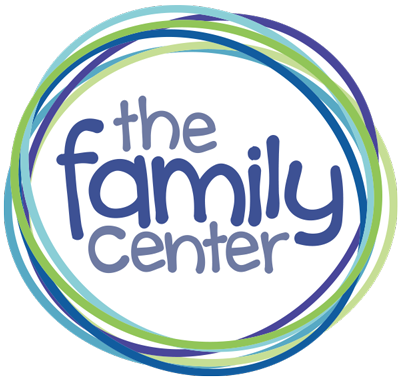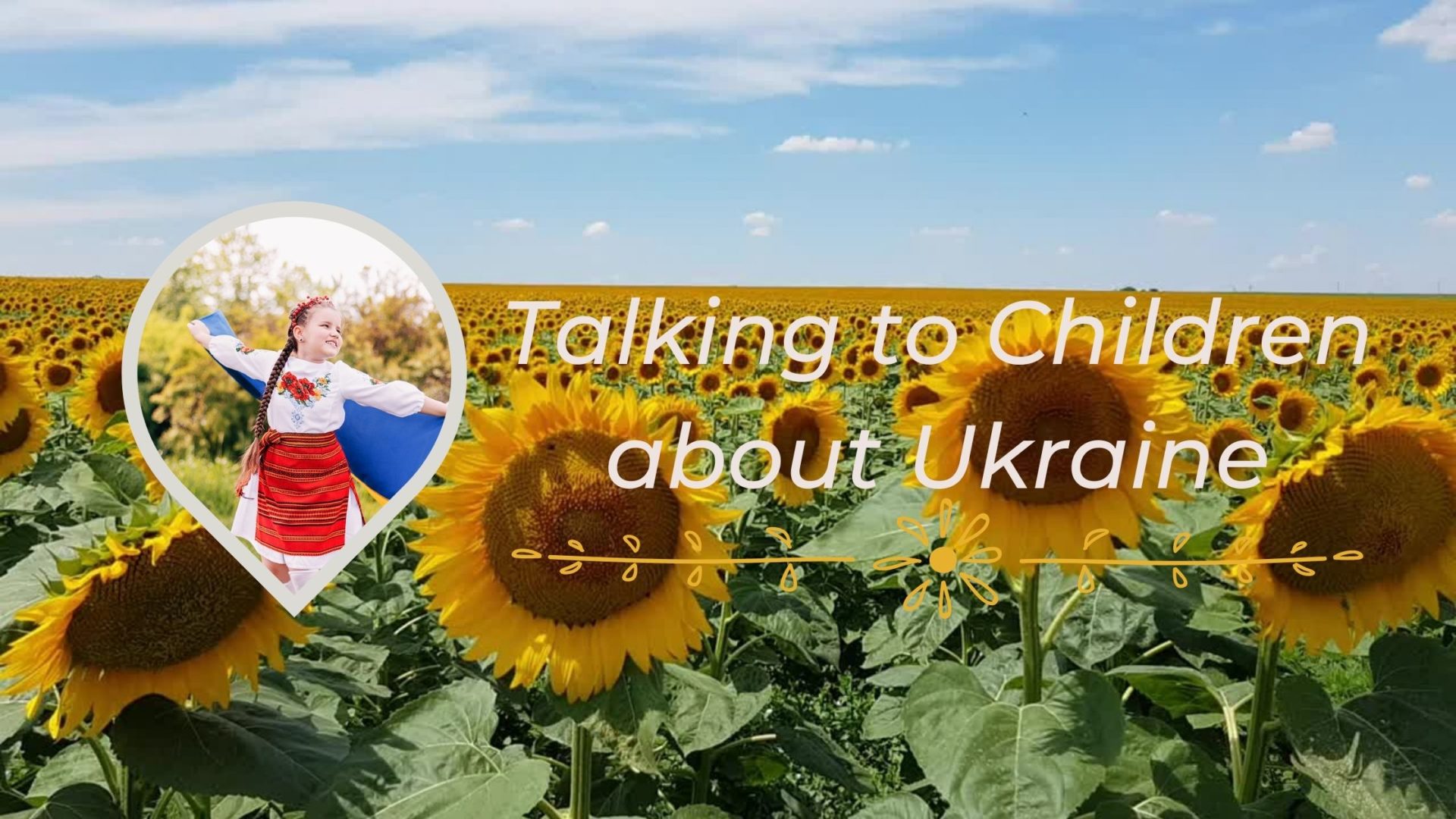about PACEs
When children experience abuse, neglect, or trauma the potential for toxic stress exists and can impact brain development, future health outcomes, personal resilience, family dynamics, and ultimately community well-being. There’s scientific research that shows a link between exposure to ACEs and changes in our DNA. ACEs can affect not only children and adults today, they can affect future generations.
Scientific evidence also shows that resilience is possible. Positive Childhood Experiences (PCEs) have been proven to buffer ACEs. The Family Center’s programs provide resources that promote resilience through a PACEs lens. We partner with our generous community and courageous clients and are changing lives, families, and futures through our programs.
What Are ACEs (Adverse Childhood & Community Experiences)
ACEs are traumatic and can disrupt child development. The more exposure to trauma, the more likely there will be negative long-term consequences.
ACEs include...
- emotional, physical, or sexual abuse
- emotional or physical neglect
- living in a home with exposure to mental illness or substance use
- having an incarcerated family member
- being separated from a parent due to divorce or death
- witnessing violence
- living in poverty
- exposure to discrimination, racism, or bullying
Science tells us...
- our brains develop and have the most “plasticity” between birth and the age of 25
- toxic stress when unaddressed causes developmental setbacks in children's brains and potential life-long challenges (emotional, physical, social) that may also impact future generations
- ACEs know no geographic, demographic, or socio-economic boundaries
- ACEs include exposure to: abuse, neglect, mental illness, substance abuse, family separation, poverty, discrimination, bullying, witnessing violence, or having an incarcerated parent.
- ACEs Do you know your ACE score? Take the quiz from the original ACE study to find out and contact us if you need support
And science also tells us positive experiences in infancy and early childhood build strong, healthy brains and lay the foundations for emotional and social successes throughout life.
What Are PCEs (Positive Childhood Experiences)
PCEs are experiences during childhood that promote safe, stable, and nurturing relationships and environments. PCEs can help children develop a sense of belonging, connectedness, and build resilience. The relationship between PCEs in childhood and good mental health in adults is dose-responsive; the more PCEs a child gets, the better their adult mental health is likely to be. Children with PCEs become adults who are able to seek social and emotional support.
PCEs include...
- The ability to talk with family about feelings.
- The sense that family is supportive during difficult times.
- The enjoyment of participation in community traditions.
- Feeling a sense of belonging in high school.
- Feeling supported by friends.
- Having at least two non-parent adults who genuinely cared.
- Feeling safe and protected by an adult in the home.
Watch this video to learn how ACEs impact brain development in children... and check out our family stories below!



